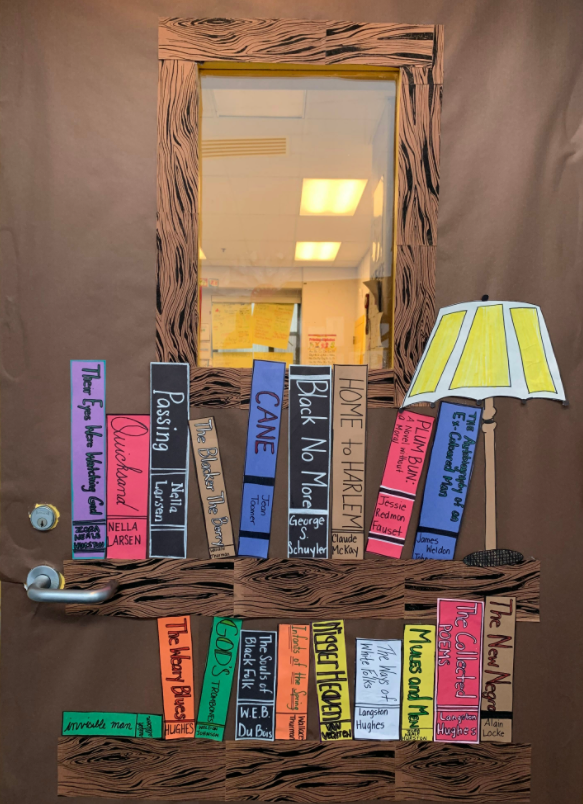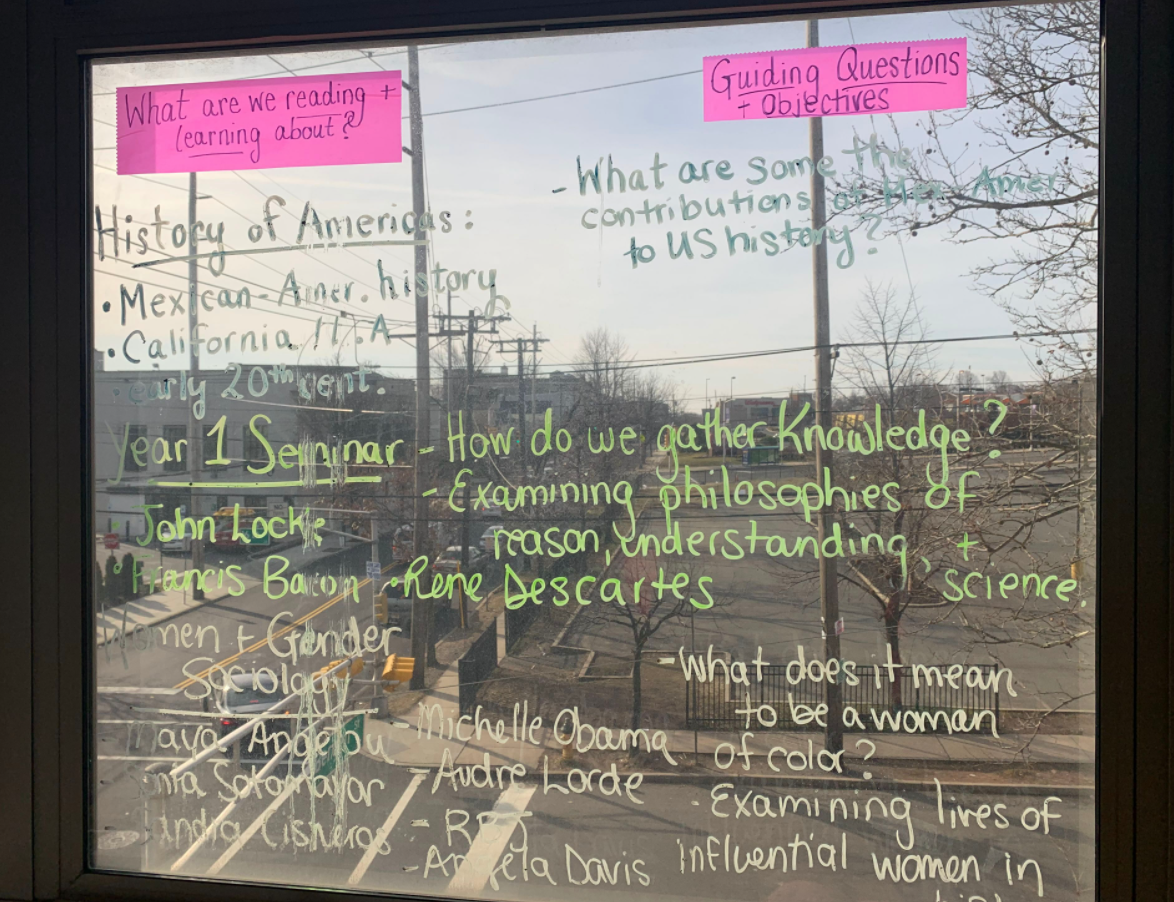How These N.J. Alternate Route Educators Plan to Teach Black History Year-Round

Black history is an integral part of our nation’s history, and, as our culture gains more cultural awareness, it’s increasingly important that we continue to grow that focus and awareness beyond just February.
As educators, we have a responsibility to give students diverse, well-rounded learning experiences. How are you incorporating Black history into your curriculum during the entire school year? Is it something you actively think of when planning year to year? To build on top of your curriculum, we’ve rounded up some great resources to help educators incorporate Black history in their lessons all year, which you can view here.
For this Black History Month, we wanted to know how Alternate Route candidates are incorporating Black history in their curricula. To do so, we sent out a survey to participants who shared the measures they are taking in the classroom. We loved seeing all the responses and how Black history fits into every subject area.
Read below for some examples of how these Alternate Route educators are incorporating Black history into their lessons!

What are you doing to incorporate Black history in the classroom year-round?
“Our curriculum in third grade is civil rights based, so it actually lends itself very easily to Black History Month. The school also produced some videos to share with students on important figures, so we show them at the beginning of class. Also, in ESL, we are highlighting Black immigrants in America.”
-Nicholas S., ESL
“I've been teaching each grade level about a Black dance figure each week since January. For the most part, since September they've learned about Black history in dance in each lesson.”
-Caylia W., Dance
“I incorporate different stories and poems by African-American authors.”
-Lorena M., Language Arts
“We study Black authors, the Négritude movement, history of French colonization, incorporate video and text from Francophone countries outside of France, have a unit on Black artists in Paris, and more.”
-John H., French
“I am using the charactertree.org program that consists of lessons geared toward first graders to discuss multicultural historical figures, including African-Americans and the achievements they have made for our country.”
-Emil B., First Grade
“Today I taught a lesson about Theodora Lacey. She is a current resident of Teaneck and in 1965, she led a movement to integrate Teaneck Schools. I am trying to make sure that students realize that they too can make a difference and make positive changes just like Ms. Lacey did here in our hometown.”
-Joe M., Middle School ESL

“I provide articles and worksheets to learn about Black history.”
-Rania S., ESL
“I incorporated a Black history lesson into my Life Skills class as a Life Event to fit it into the curriculum. Additionally, during my homeroom slides, I feature one African-American who impacted our country each day on a slide and read about him/her and the contributions he/she made to our country. For example, the other day, Jackie Robinson was featured during homeroom as being the first African-American to play Major League Baseball in the United States. His contributions to the sport were tremendous for the time while America was still at war with itself, especially during segregation. Other features included Diana Ross, George Washington Carver, Muhammad Ali and Amanda Gorman.”
-Laura M., Special Education: Life Skills
“I discuss ethics in medicine and celebrate Black-owned businesses.”
-Melisa G., Business
“It seems that the curriculum focuses on Black history inherently in Social Studies. We also focus on Black history during the month of February. However, if there is a curriculum that can't incorporate Black history, I do not force the issue.”
-Daniel S., General Education
“Yes, but limited. As a science teacher I incorporate the contributions of Black scientists when I can.”
-Thomas P., Science
If you’re considering following your dream of teaching, Rutgers Alternate Route can offer you the support and training you need to succeed. Be sure to follow Rutgers Alternate Route on Twitter for more information and stories from the field of education.

 Heather Ngoma has over 25 years of experience collaborating with educators across New Jersey to drive education innovation. She currently serves as the Director of the Rutgers-GSE Alternate Route Program in the Department of Learning and Teaching, a program which helps career changers, recent college graduates, and other aspiring education professionals become licensed teachers in New Jersey. Follow her on Twitter @heatherngoma.
Heather Ngoma has over 25 years of experience collaborating with educators across New Jersey to drive education innovation. She currently serves as the Director of the Rutgers-GSE Alternate Route Program in the Department of Learning and Teaching, a program which helps career changers, recent college graduates, and other aspiring education professionals become licensed teachers in New Jersey. Follow her on Twitter @heatherngoma.





